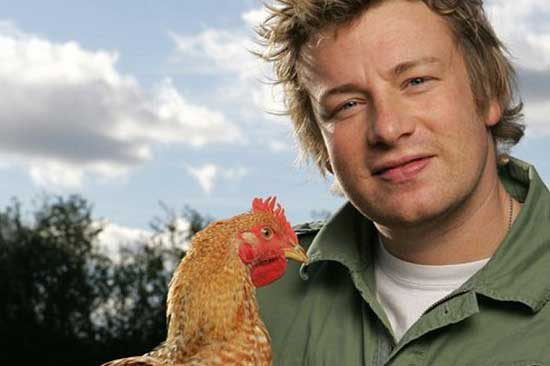Backyard chicken owners hurting birds

While TV celebs like Jamie Oliver and Bilie Piper are doing their best to promote this middle-class trend of keeping your own chickens, researchers have actually concluded that this is doing more harm than good.
A new study has found that backyard chicken-keepers have a lack of disease knowledge and insufficient awareness of laws needed to breed animals at home. Researchers concluded that owners consequently rarely vaccinate their animals, which could have serious implications on disease control and animal welfare.
The Royal Veterinary College study found there was a low level of awareness in and around the Greater London area of diseases that could negatively affect birds’ welfare. According to its research, households have little knowledge of Marek’s disease, infectious laryngotracheitis and Infectious bronchitis, which have all been diagnosed in backyard flocks.
The study also surveyed backyard spaces and while chickens were generally housed in good living conditions up to three in four did not comply with government regulations on using kitchen waste as feed. Since 2001 it has been illegal to feed such waste to farmed animals in Britain because some disease agents can survive in food products and facilitate the spread of disease.
Feeding chickens with food such as chicken meat and eggs can spread viruses such as the Newcastle Disease, which can preserve its infection for weeks. The research, published in this month’s British Poultry Science journal, also found lapses in biosecurity, with humans frequently allowed to access wild birds.
Furthermore, nearly half of the flock owners would not seek veterinary help in cases of illness in their chickens. Up to four in 10 owners surveyed stated they would dispose of dead birds by burying them in their gardens.
Guidelines issued by the Department for Environment, Food and Rural Affairs (Defra) states that they should be incinerated to prevent disease spread through groundwater and wild species. A total of 65 backyard chicken “flock-keepers” were recruited between May and July 2010 through a series of advertisements on websites, at City farms, veterinary practices and pet feed stores.
They were given questionnaires asking for keepers’ and flocks’ characteristics, housing and husbandry practices and owners’ knowledge of health problems in chickens and diseases. Welfare assessments of flocks were also undertaken. Iveta Karabozhilova, the report’s co-author, said today the study highlighted an alarming lack of communication between authorities and chicken keepers.
“Even though evidence from our study shows that flock owners provide enriched living conditions to the chickens, they ought to realise that their pets are a farmed species and are subjected to regulations,” she said. “They need to expand their knowledge beyond the diseases for which there has been much publicity [such as] Salmonellosis and Avian Influenza, and be aware of the fact that some diseases must be reported.”
An estimated 500,000 British households now keep chickens in their backyards including celebrities Oliver, the chef, and Piper, the actress. Barry Thorp, a poultry veterinarian in Scotland, said the rise in people keeping backyard chickens increased the possibility of disease spreading. “Because they are farm livestock, they require a different approach to pet animals ” he said.
“It is not necessarily that they’re badly treated, but a lack of education and awareness by those who buy them certainly make them more vulnerable to disease and therefore pose a bigger threat of spreading it.”
Source: The Telegraph









